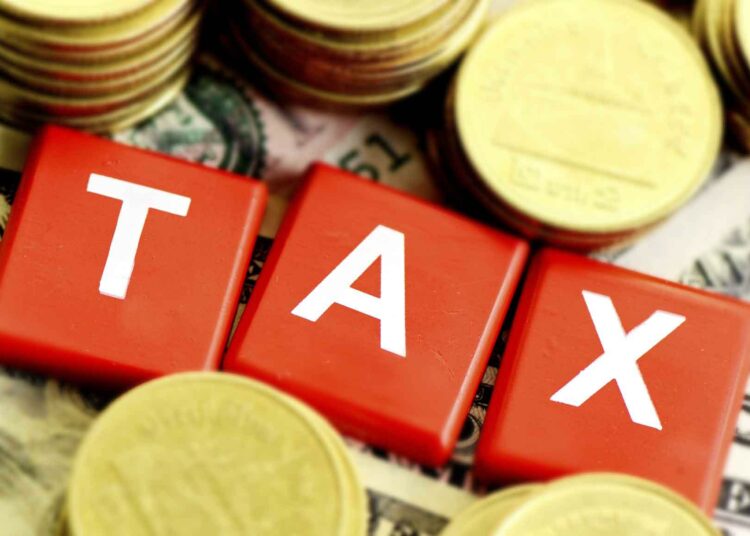Real Estate stakeholders have stated that, when the Tax Reform Bill becomes law, real estate transactions will be exempted from Value Added Tax (VAT).
This is even as the chairman of the Presidential Fiscal Policy and Tax Reforms, Taiwo Oyedele further assured that, the tax reform bill will favour Low Income Earners and bridge housing deficit gaps.
Oyedele explained that the exemption will lower the cost of building materials and housing. The bill is designed in a way to favour low-income earners and, contrary to what is being claimed, it will also ease their burden, he said.
Continuing, he said, ‘there will be no VAT on lands, sale of real estate, and rent is exempted from VAT. Some of these had been areas of controversy in the past.’
Oyedele spoke at a Building and Construction Industry Forum jointly organised by the Council of Registered Builders of Nigeria and Housing Development Advocacy Network with the theme: ‘Nigeria’s Tax Reforms and the Building and Construction Industry: Implications and Opportunities.’ He said, besides VAT exemption, the bill also has many benefits, lamenting that the bill is being misconceived by some people.
‘There is an exemption on stamp duties for rents below N10 million a month and capital gains tax is also exempted on the sale of dwelling houses,’ he said. Oyedele added that, in the bill, building materials production, including non-metallic products, are eligible for priority sector incentives to boost production, assuring further that the reforms will be carried out on land transactions, including titling and harmonisation of property taxes.
“The Tax Reforms Bill will improve the affordability of housing. It will provide relief for people who are paying rent because what this bill is going to do is to remove a lot of the tax burden.
The essence is to make life better for everybody and improve the economic activities in the building and construction sectors, and by extension, the whole of the economy, he said, encouraging Nigerians to seek more understanding of the tax reforms and stop relying on social media and headlines that were misinforming them.
Minister of Housing and Urban Development, Ahmed Dangiwa, said, the bill offers whole relief to construction firms and contractors.
Dangiwa, represented by the director, Public Building, Temitope Gbemi, said the ministry has fully aligned its housing policies with fiscal reforms, adding that they were working with tax authorities to ensure that real estate and housing investments were guided by clarity, equity, and investor-protection.
On his part, the CORBON chairman, Samson Opaluwah, identified poor access to finance and multiple taxation as major drawbacks toward the expansion of the council’s potential, hoping that the tax reform bill would address those challenges and more.
The executive director of HDAN, Festus Adebayo said, the VAT exemption on lands, real estate and building materials producers was a welcome development and advocated for incentives in the tax reform bill that would attract real estate developers and investors into building low-cost houses for low-income earners.





